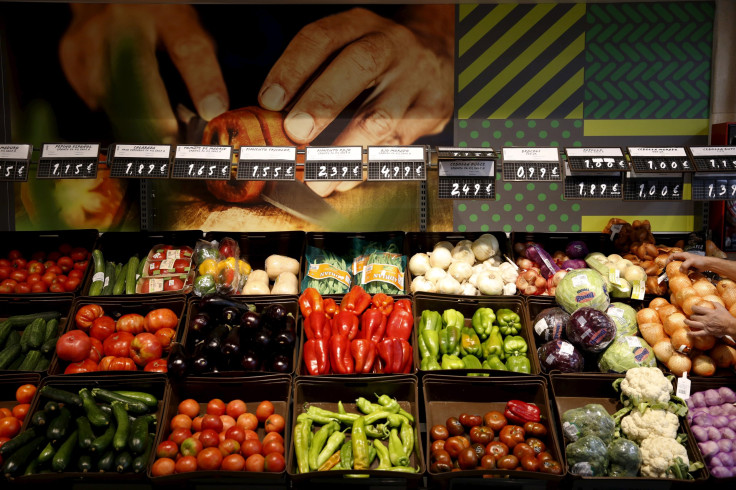High Fiber, Low Cancer Risk: Women Who Stick To A Diet High In Fiber Have Lower Breast Cancer Risk

A high-fiber diet contributes to a broad range of health improvements, including weight loss, lower diabetes risk, and even the alleviation and prevention of asthma and allergy symptoms. A recent study led by researchers at Harvard T.H. Chan School of Public Health has found that women who adopt a diet high in fiber, especially fruits and vegetables, during adolescence or early adulthood can significantly lower their risk for breast cancer.
"Previous studies of fiber intake and breast cancer have almost all been non-significant, and none of them examined diet during adolescence or early adulthood, a period when breast cancer risk factors appear to be particularly important," said Maryam Farvid, lead researcher, visiting scientist at Harvard Chan School, in a statement. "This work on the role of nutrition in early life and breast cancer incidence suggests one of the very few potentially modifiable risk factors for premenopausal breast cancer."
Farvid and her colleagues analyzed questionnaires filled out by 90,534 women in 1991 who were participating in the Nurses’ Health Study II, a continuing investigation into factors that influence women’s health. The women were between the ages of 27 and 44 when they filled out the initial questionnaire and were asked to return every four years to fill out similar questionnaires gauging food intake. In 1998 the participants were asked to complete another questionnaire about their diet during high school.
Women who reported eating more dietary fiber during young adulthood were between 12 and 19 percent less likely to develop breast cancer, depending on how much they ate. A diet high in fiber during adolescence was also linked to a 16 percent reduction in overall breast cancer risk and 24 percent lower risk before menopause. For every additional 10 grams of fiber, which could include around one apple and two slices of whole wheat bread, or about half a cup each of cooked kidney beans and cooked cauliflower or squash, the women lowered their breast cancer risk by 13 percent.
"From many other studies we know that breast tissue is particularly influenced by carcinogens and anticarcinogens during childhood and adolescence," said Walter Willett, senior author and Fredrick John Stare Professor of Epidemiology and Nutrition at Harvard Chan School. "We now have evidence that what we feed our children during this period of life is also an important factor in future cancer risk."
Although the research team was unsure as to what exactly caused a high-fiber diet to lower breast cancer risk for these women, they speculated that eating foods high in fiber lowers estrogen levels in our blood, something that is highly associated with breast cancer development. Similar studies have suggested a high-fiber diet can control prostate cancer progression in men by preventing cancer cells from creating new blood vessels that they need to survive.
Nutritional experts recommend women try to eat at least 21 to 25 grams of fiber a day and men at least 30 to 38 grams a day.
Source: Willet W, Chen W, Liao X, Cho E, Eliassen H, Farvid M. Dietary Fiber Intake in Young Adults and Breast Cancer Risk. Pediatrics. 2016.



























